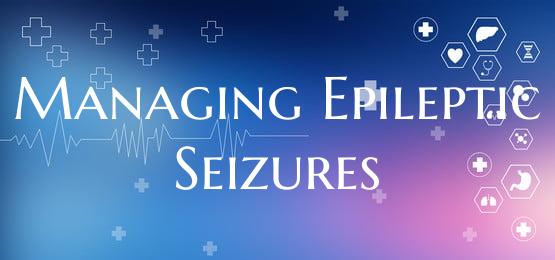
Managing Epileptic Seizures
Epileptic seizures can be a challenging condition to manage, but with the right techniques and strategies, individuals with epilepsy can effectively minimize the impact of seizures on their daily lives. Here are some key points to consider when managing epileptic seizures:
1. Medication Adherence: One of the most important aspects of managing epilepsy is sticking to the prescribed medication regimen. Antiepileptic drugs (AEDs) are often used to control seizures, and it is crucial to take these medications as directed by a healthcare provider. Missing doses or abruptly stopping medication can increase the likelihood of experiencing seizures.
2. Lifestyle Modifications: Making certain lifestyle changes can also help in managing epileptic seizures. Getting an adequate amount of sleep, maintaining a regular sleep schedule, staying hydrated, and avoiding triggers such as stress, alcohol, and flashing lights can significantly reduce the frequency of seizures.
3. Seizure Response Plan: It is essential for individuals with epilepsy to have a seizure response plan in place. This plan should outline what to do in case of a seizure, including guiding bystanders on how to provide assistance, ensuring a safe environment during the seizure, and knowing when to seek emergency medical help.
4. Regular Medical Monitoring: Regular visits to a healthcare provider are important for monitoring the effectiveness of treatment and making any necessary adjustments. Through regular check-ups, healthcare providers can assess seizure control, review medication effectiveness, and address any concerns or side effects experienced by the individual.
5. Seizure Diaries: Keeping a seizure diary can be a valuable tool in managing epilepsy. Recording details of each seizure, including date, time, duration, possible triggers, and any associated symptoms, can help identify patterns and trends, enabling healthcare providers to tailor treatment plans accordingly.
6. Lifelong Learning: Understanding epilepsy and being informed about the condition is empowering for individuals and their caregivers. Learning about different seizure types, treatment options, and available resources can help in effectively managing epileptic seizures and improving overall quality of life.
By incorporating these strategies into daily routines, individuals with epilepsy can take control of their condition and work towards reducing the impact of seizures on their lives. With proper management and support, living well with epilepsy is achievable.